
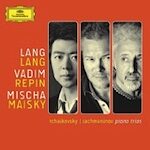
These three star musicians bring brilliance, bravura, and highly persuasive playing to the Tchaikovsky Piano Trio. It’s also highly individualized, as you can often sense
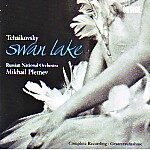
Mikhail Pletnev really is a fine ballet conductor, far more successful at characterizing short genre pieces than at sustaining the symphonic drama of large movements

Bridge’s reissue of Nadia Reisenberg’s Westminster Chopin recordings included a bonus selection, the B minor sonata from the pianist’s live November 21, 1947 Carnegie Hall
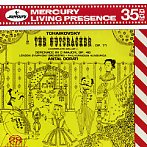
This may be the most scintillating, exciting, sonically vibrant Nutcracker of them all, fully exploiting orchestral color and sectional timbres (especially the strings)–and whether you

The last new, home-grown production of Eugene Onegin in Moscow–the opera’s original home–was in 1944 and has been in use since then. It was rife
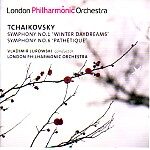
It’s a tribute to Vladimir Jurowski’s achievement here that there’s less difference in quality between the First and Sixth symphonies than often is the case.
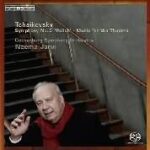
Neeme Järvi ends his variable Tchaikovsky symphony cycle on an upswing. Symphony No. 3 benefits greatly from Järvi’s characteristic light and fast approach, which emphasizes

Serge Koussevitsky’s posthumous memory has worn poorly in the years since his death in 1951. That’s why we should be grateful for recordings like this
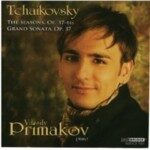
Many pianists handle the 12 pieces of Tchaikovsky’s The Seasons with kid gloves, playing too gently and lyrically for the music’s diverse characterizations and strong
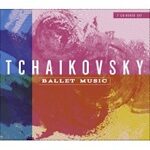
Naxos’ Nutcracker and Sleeping Beauty recordings are from early in the label’s history (1989 and 1991, respectively) when it often employed Eastern European orchestras–in this
![]()
